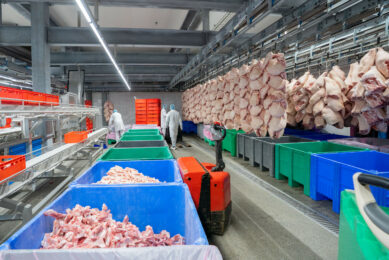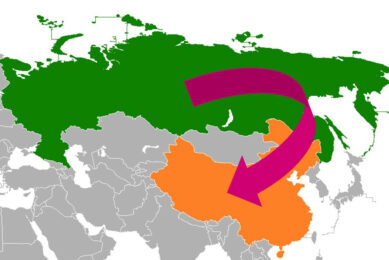Hong Kong to close 90% of hog farms
Hong Kong’s government is encouraging 90% of the city’s hog farms to close down, saying that the growing population is exposed to health risks.
Li Chung Woon who 40 years ago, started his first hog farm in rural Hong Kong and has since moved to the border with mainland China, now has to shut his 50 000 square-foot farm by the end of the year because he cannot afford to meet the recommended hygiene standards.
“The government is concerned about the handling of manure and sewage,†he says. “I want to continue the business, but these stringent measures have deterred me,†he adds.
In case of a crisis
Hong Kong’s live hog supply plummeted to 35% percent below normal in July after an outbreak of PRRS (blue-ear virus) in China.
Chong Tai Leung, an economist at the Chinese University of Hong Kong said, “Hong Kong should keep some of its own pig farms to secure at least a short-term supply in case of crisis.â€
The closing down of hog farms may mean becoming reliant on already vulnerable China for four-fifths of its live pork.
Farming code to tighten safety
Since 1 million chickens were culled in 1997 due to an outbreak, Hong Kong set its sights on tightening hygiene standards for farms. It is currently preparing a farming code consisting of fifty-nine rules that will administer safety, carcass handling and inspections.
“The government is concerned about the handling of manure and sewage,†he says. “I want to continue the business, but these stringent measures have deterred me,†he adds.
In case of a crisis
Hong Kong’s live hog supply plummeted to 35% percent below normal in July after an outbreak of PRRS (blue-ear virus) in China.
Chong Tai Leung, an economist at the Chinese University of Hong Kong said, “Hong Kong should keep some of its own pig farms to secure at least a short-term supply in case of crisis.â€
The closing down of hog farms may mean becoming reliant on already vulnerable China for four-fifths of its live pork.
Farming code to tighten safety
Since 1 million chickens were culled in 1997 due to an outbreak, Hong Kong set its sights on tightening hygiene standards for farms. It is currently preparing a farming code consisting of fifty-nine rules that will administer safety, carcass handling and inspections.
Related link:











